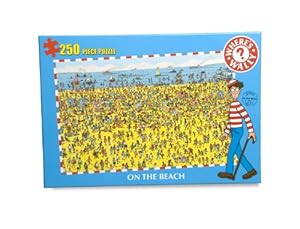I’m going to start off this post with a little bit of honesty… During our recent input about the maths within board games I was kind of (very) distracted by a ‘Where’s Wally?’ jigsaw puzzle so I didn’t quite manage to make a lot of notes on the subject… But never mind! it’s time to explore the mathematics within some of the nations favourite board games!
Throughout my childhood I would always get a new board game for Christmas- without fail. The whole family would sit and play the newest edition of ‘Monopoly’ or ‘Guess Who’ instead of watching the Queen’s speech. But little did I know that these board games weren’t just a way to escape the Christmas TV but were actually forcing me to use mathematics even during the holidays (sneaky…)
I feel like the best place to start when talking about board games is obviously with Monopoly. Although it may seem like a game you can win using luck, it’s actually a lot more complicated! Monopoly uses chance, probability, percentages and much more. There is actually a science behind winning the game so, if you want to impress (and probably annoy) your friends and family this Christmas just watch this short video, follow the rules and you’ll be sure to win every time!
However, monopoly is not the only game which uses maths. Jigsaw puzzles (just like the Where’s Wally one I was so easily distracted by) also use maths. Jigsaws use tessellation to ensure all the pieces will fit together, they use distribution and fractions.

So, if you, your son, daughter, sibling, etc is ever asked to take a board game into class on the last day of school, it’s only because they’re mathematical!






